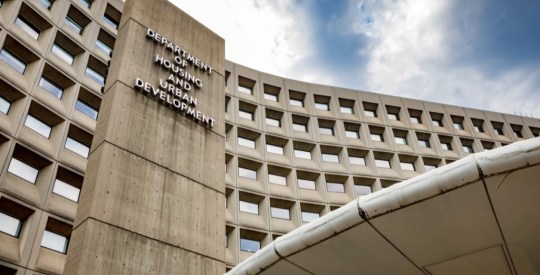Federal judges may begin to more vigorously scrutinize Securities and Exchange Commission settlements with major financial institutions as long as the agency continues to use the legal system as an enforcer. U.S. District Court Judge Jed Rakoff will hold a hearing Nov. 9 to review the SEC and Citigroup (C) settlement over an allegedly faulty collateralized debt obligation. Citi agreed to return $285 million to investors of the $1 billion product but admitted no wrongdoing. “The judge has made it clear that he doesn’t like these type of settlements,” according to Evan Stewart an attorney with the Washington-based law firm Zuckerman Spaeder. “He’s issued to both sides these questions, which are somewhat rhetorical in nature. But unless they come up with creative and imaginative arguments, the mindset of those questions leads me to believe the settlement would not be approved.” The issue is that the SEC doesn’t particularly have to seek court approval. It can settle similar cases administratively as they did with another recent CDO case involving Credit Suisse (CS). The agency uses court approval so that it can go back and get a contempt ruling in case the institution it settled with doesn’t follow through with the terms of the agreement. Rakoff has a history with the SEC. In September 2009, he rejected a $33 million settlement between the regulator and Bank of America (BAC) for allegedly lying to shareholders when the banking giant failed to disclose $5.8 billion in bonuses to Merrill Lynch employees before a December 2008 vote on the acquisition. The SEC and BofA went back to the table, and in March, Rakoff approved — grudgingly according to Stewart — a $150 million settlement. In the Citi case, Rakoff asked a series of pointed questions such as how the two sides came the $285 million, whether the public should know if Citi is guilty of any wrongdoing, and why is the SEC again using a federal court when it can strike a deal administratively. “It is not only Judge Rakoff,” Stewart said. “Other federal judges are now becoming more activist in this area.” And this sort of questioning, Stewart said, could open up both sides to heightened scrutiny neither wants. Should Rakoff not get the answers he wants and rejects the settlement, the SEC and Citi could go back to the table, reach an administrative settlement or go to trial. But coming back with a higher dollar figure, as BofA did, may not placate Rakoff again. “I don’t think that just bringing back more money will make him accept the offer,” Stewart said. “He’s basically trying to move this type of settlement to a different paradigm, and he’s made it clear the old paradigm will not work.” Write to Jon Prior. Follow him on Twitter @JonAPrior.
Federal judge unlikely to approve SEC, Citi settlement
Most Popular Articles
Latest Articles
New HUD rule aims to increase lender participation in tribal housing program
HUD says the new rule is designed to increase and streamline Native American borrowers’ access to homeownership.



